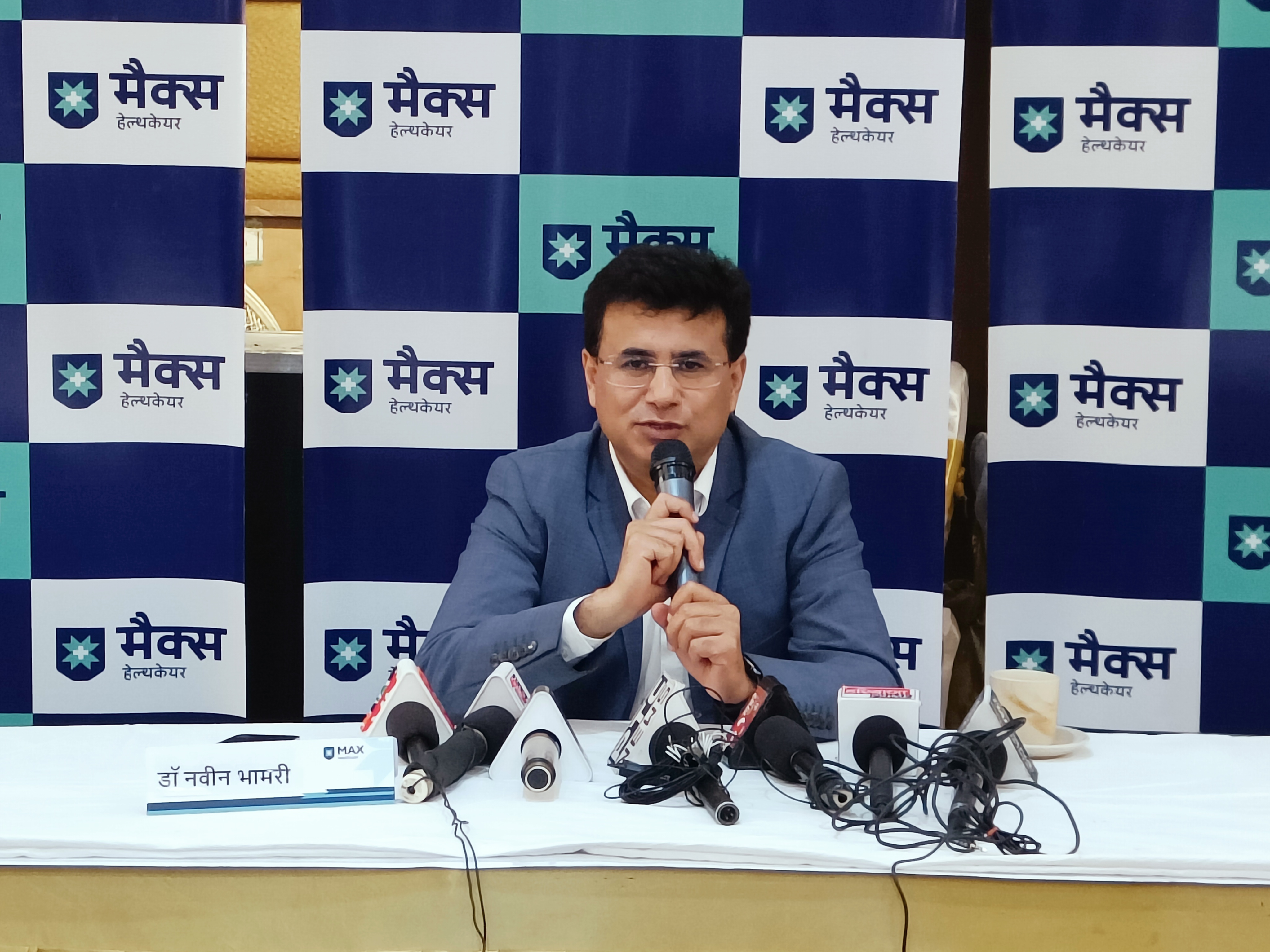- FILMTECH JAPAN: Japan's Largest Advanced Film Tradeshow Announces Key Dates and Highlights for 2024
- Zee Business guides Investors to Navigate the Market with Confidence this Election Season
- Sandeep Marwah Inaugurates Scouts & Guides Marching Band at AAFT
- Scootaround Offered Event Rentals at NAB Show 2024
- Matrix Selected for the Outstanding MSME Excellence Award 2024
- Renowned Actress Radha Bhatt Conducts Acting Workshop at AAFT
- SIGMA launches Interchangeable Lenses for Canon RF Mount System
- Vedanta Aluminium organises 'AutoEdge' conclave, shares aluminium range for auto industry
- Flexisource IT Announces an Exclusive Online Brown Bag Session for Developers on Code Decoupling
- Synology Introduces Advanced Data Management and Security Solutions Against the Rising Ransomware Threats in India
- Shannon's Spring Fine Art Auction on Thursday, May 2nd, will be Led by Important American Paintings
- RITES Limited DVC collaborate for rail infra works
- Holabird's Wild West Relics Auction, April 6-7 & 13-14, had 2,300 Lots in 60 Collecting Categories
- Extraordinary People Awards and Williams Elite Hall of Honor Embrace International Guest for 2024
- Mapic India Shopping Centre and Retail Summit & Awards 2024 slated to happen in Delhi on April 25th
 Mail to a Friend Mail to a Friend |
|
     |
Max Super Specialty Hospital Shalimar Bagh, New Delhi organises public awareness session to curb heart attack

Panipat: With changing lifestyle and poor socio-economic factors, there is a rapid increase in the number of patients living with ischemic heart disease. Acute Coronary Syndrome (ACS) or commonly known as heart attack, is one of the leading deadly diseases in developing countries like India. Over 25% of the population especially under the age of 40 years are developing several cardiac ailments that ultimately lead to heart failure.
With an aim to sensitize the public about the importance of maintaining heart healthy lifestyle and how timely intervention plays a pivotal role in preventing morbidity and mortality due to heart attacks, Max Hospital Shalimar Bagh, today organised a public awareness session.
Present on the occasion were Dr Naveen Bhamri, Director & HOD-Interventional Cardiology from Max Hospital Shalimar Bagh, who spoke to the public about the recent innovative scientific approaches made in the field of interventional cardiology.
?While various heart ailments annually account for at least 50% of the overall comorbidities and even premature deaths in India, it is shocking to know that there is a rise in the number of people in the age bracket of 25-40 years being susceptible. In India, it has been estimated that one in every four deaths is attributed to ignorance of the mild symptoms and is one of the leading causes of mortality among both males and females (between 25-35 years). Asymptomatic heart attacks usually show symptoms in the early 20?s and 30?s which become fatal around the age of 40 years, and hence timely intervention can help in such circumstances.? Said Dr Naveen Bhamri, Director & HOD-Interventional Cardiology from Max Hospital Shalimar Bagh, New Delhi
Usually, heart diseases go undetected in early age leading to worsening of heart functioning and finally causing heart failure. People often complain of pain, pressure or heaviness in the chest (that indicates angina), pain in the jaw, the left shoulder, arms, elbows, or back, shortness of breath (dyspnoea), cold sweat, nausea and fatigue, light-headedness or fainting. All these symptoms may vary from person to person, as some may experience more than one symptom and patients present at different stages of the disease. Many patients who get multiple heart attacks and patients of dilated cardiomyopathy develop advanced heart failure.
?Recently, more people in their 20s, 30s and 40s have been suffering from heart ailments. The increasing stress of modern life has exposed even younger people to the risk of heart diseases. While a person's genetic disposition and family history remain the most common and uncontrollable risk factors, the majority of heart diseases in the younger generation is due to excessive stress and long working hours coupled with erratic sleep patterns, which cause inflammation and increase the risk of heart disease. Smoking and a sedentary lifestyle further accelerate the risk symptoms in people in the age group of 20 to 30 years.? He added
The myth that heart ailments and heart attacks only affect the geriatric population and are limited to metro cities is gradually falling apart. Doctors have recorded a rise in the number of patients suffering from varied cardiac related conditions such as congenital defects, valve problems, and blockages of arteries of the heart, lifestyle disorders and viral infections in Tier I & II cities. These afflictions affect the functioning of the heart in the young, middle aged and elderly population alike.
?While heart attacks sound dangerous, it can be treated with better care and diagnosis. Timely detection and arrival at the nearest hospital emergency can help revive the symptoms and restore heart functioning. The only and the easiest way to prevent heart attacks and ultimately heart failure, are avoiding the lifestyle and food habits that encourage obesity, diabetes, high blood pressure.
Company :-CNN Media Services
User :- Saksham Bakshi
Email :-saksham.cnpr@gmail.com
Mobile:- +91 9013366886









